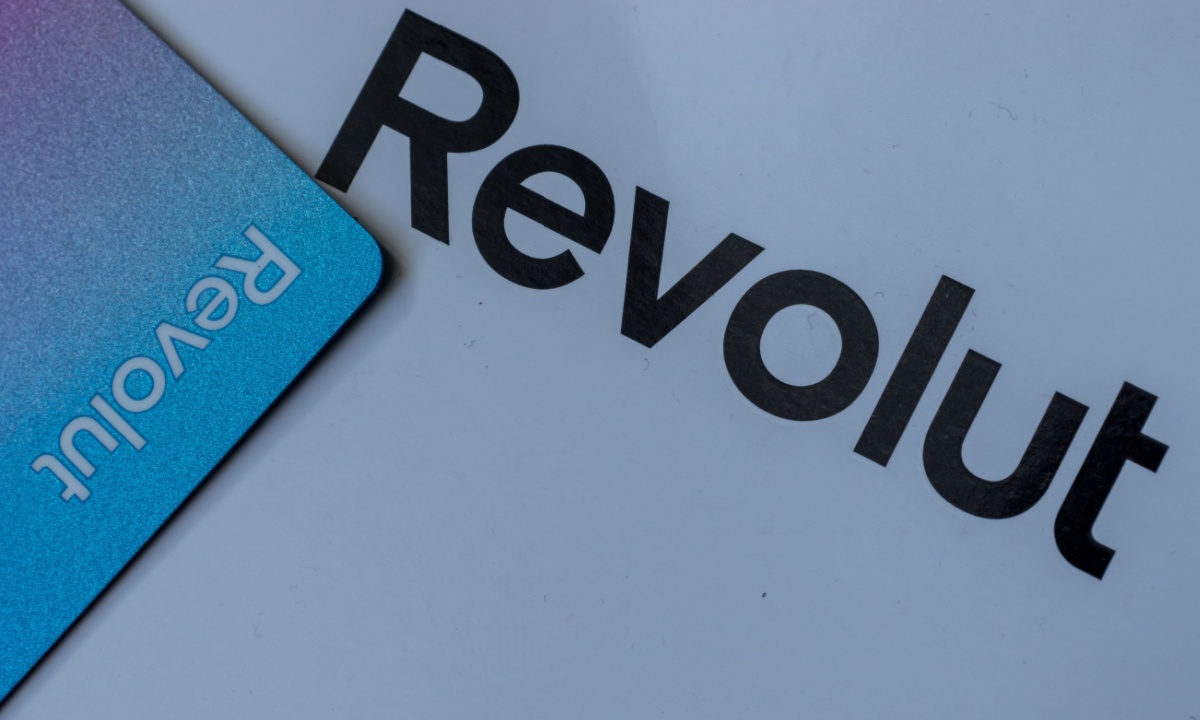Bank of England Gov. Andrew Bailey reportedly denied a media report that the central bank and the U.K. government had a “falling out” over delays in allowing Revolut a full banking license.
“Actually, we have very good relations, and I think both the Bank and the Treasury have made that clear,” Bailey told CNBC in a report published Friday (Aug. 8).
The Financial Times reported July 29 that Bailey had intervened to cancel a meeting that British Finance Minister Rachel Reeves had arranged with Revolut and the Prudential Regulation Authority (PRA).
According to the CNBC report, the government wants to see Revolut authorized as a fully licensed bank and has been criticized by the country’s tech industry for not ensuring it can compete with other countries.
Revolut began its application process in 2021, and the PRA granted the FinTech company a banking license with restrictions in July 2024, the report said.
In its current phase in the process, Revolut can hold only 50,000 pounds (about $67,245) of total customer deposits, per the report.
Bailey told CNBC that Revolut and the PRA are working through the process.
It was reported in October that Revolut was one of a group of U.K. FinTechs that sent representatives to meet with the country’s government to share the industry’s concerns about issues that they said could lead the U.K. to fall behind in the FinTech space.
The companies said their concerns included the obstacles they face in going public, the length of time it takes for regulators to reach decisions, rules impeding growth and competition, and a lack of access to capital.
When Revolut secured a banking license with restrictions from the PRA in July 2024, after a three-year wait, it said it entered what is known as the “mobilization” stage, which is a typical step for many new U.K. banks.
PYMNTS reported at the time that the process had taken longer than usual as Revolut faced scrutiny over its size, as well as issues with its financial reporting.
It was reported in November that Revolut CEO Nik Storonsky said that the company’s “grow fast” ethos had been ill-considered because a smaller company would have been able to get licenses more easily than one the size of Revolut in 2024.
Tags:
- Bank of England
- central bank
- Central Banks
- Central Banks of the European System
- Deutsche Bundesbank
- ECB
- Economy
- ESCB
- Europe
- European
- European Central Bank
- European Central Banks
- international
- News
- Prudential Regulation Authority
- PYMNTS News
- Revolut
- THE BANK OF ENGLAND
- The Bank of France
- The Bank of Italy
- What's Hot
